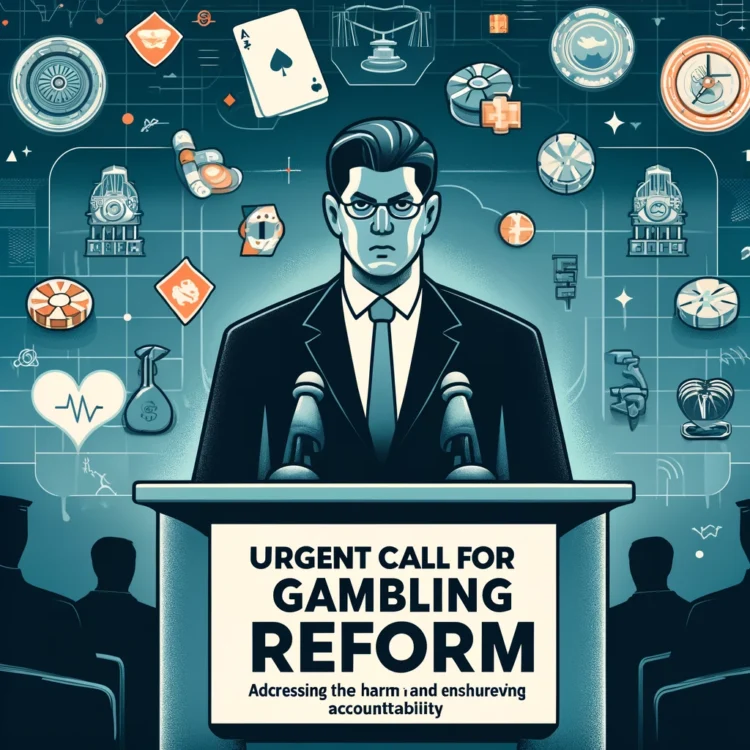In a fervent appeal for gambling reform, Sir Iain Duncan Smith urges the government to implement a mandatory levy on gambling companies to fund addiction treatment and tackle the industry’s detrimental effects. He emphasizes the necessity of decisive action against firms that “get away with literal murder” due to their negligence and lack of accountability.
The former Conservative leader highlights that the gambling sector is “completely unregulated,” with many companies bypassing the existing voluntary levy scheme despite earning “astonishing amounts” of money. He asserts that gambling addiction leads to severe consequences such as fraud, debt, family break-ups, and even suicide. Smith stresses the importance of establishing a reliable funding source for addiction treatment, given the pervasive harm caused by gambling.
However, Sir Iain expresses concern that proposed improvements to gambling laws are “stuck in government,” hindered by opposition from senior members of his party and the Treasury. He criticizes these elements for their reluctance to impose further regulations on businesses, despite clear evidence of harm. Smith’s frustration is evident as he states, “I don’t need to take lectures from them. This levy is peanuts. And it is about something that is doing harm.”
Smith underscores the devastating impact of gambling addiction, citing “harrowing cases of families that have been wrecked” and individuals driven to suicide when they see no escape from their situation. He argues that regulation should be proactive in addressing perceived harms, emphasizing that the harm is already evident and must be confronted.
The government initiated a review of the 2005 Gambling Act nearly two years ago to ensure that gambling regulation is suitable for the digital age. The then-Culture Secretary, Oliver Dowden, stated that the review aimed to “protect children and vulnerable people” and enable safe betting practices. Despite expectations for a white paper conclusion in late 2021, the review remains unpublished, with Sir Iain reporting that Downing Street informed him it was not yet “done and dusted.”
A recent report from the Times suggested that the proposed levy might be excluded from the final recommendations, with the government potentially opting to increase contributions to the voluntary scheme instead. Smith urges reconsideration, arguing that the levy is widely understood and necessary for treatment funding. He clarifies, “Most people understand the levy to pay for treatment, while others have pushed back. But it is not a tax, it is a levy.”
Additionally, Smith points out that the levy could be used to shut down illegal gambling sites, ensuring fairness for both gambling companies and high street businesses while protecting those who operate responsibly.
In response to these calls for reform, the Betting and Gaming Council highlighted that its largest members have already committed an extra £100 million to research, education, and treatment for addiction through the charity GambleAware. A spokesperson warned that a blanket levy could jeopardize businesses in the struggling hospitality and tourism sectors, which have been significantly impacted by the COVID pandemic. They asserted, “Unlike the alcohol industry, which hands the NHS the bill for problems associated with alcohol, our industry has been the majority funder of research, education and treatment for gambling harm for over 20 years and will continue to be so.”
The Department of Culture, Media, and Sport (DCMS) acknowledged the importance of the review, describing it as “the most comprehensive review of gambling laws in 15 years,” and promised that the white paper would be published “in the coming weeks.”
In summary, the call for a mandatory levy on gambling companies highlights the urgent need for reform in the industry. With a focus on protecting vulnerable individuals and ensuring accountable practices, the proposed measures aim to address the significant harms caused by gambling and pave the way for a safer, more regulated environment.






